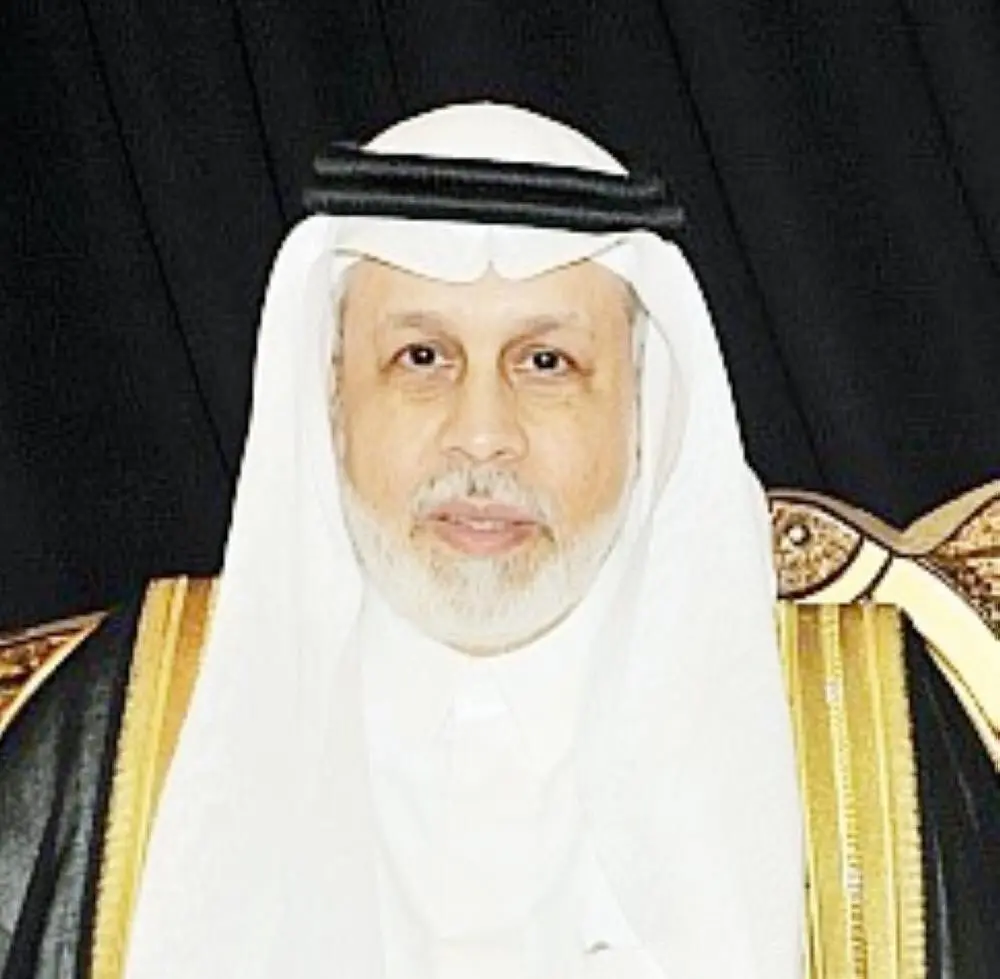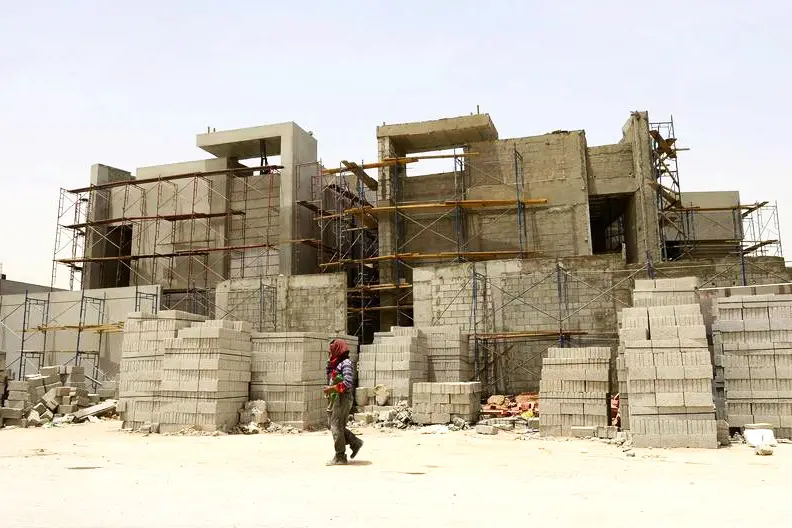PHOTO
Saudi Arabia’s Atraba Integrated Holding is planning a number of new medical, industrial and real estate projects in the kingdom, the project finance firm’s chairman told Zawya in a phone interview on Saturday.
The company last week announced plans to build a $1 billion medical city in Egypt’s new administrative capital, with work due to start by 2020 and completed in ten phases by 2030. (Read more here).
Phase one of the new 500,000 square metre city will be completed in 2021 and the whole scheme is forecast to create 40,000 direct and indirect jobs, Fawaz Mohammed Bashraheel, chairman of Atraba, told Zawya last week.
Once the Egyptian project is up and running, Bashraheel said Atraba is looking to develop another medical project in Saudi Arabia.
“Our top management has decided Atraba’s initial focus will be in the Gulf region, especially in the areas of Saudi Arabia, Egypt, so we [are] planning to implement another integrated medical city into Saudi Arabia,” he said early last week, adding that the Saudi project “will start at the same time we start working in Egypt’s one”.
In an update on Saturday, Bashraheel said the medical city would be based in Jeddah.


Real estate and rubber
The company also has two other non-medical projects it is working on, Bashraheel added.
The first is a 36,000 square metre real estate project in Makkah, which will include 15 apartment towers, each measuring 15 storeys high. The project will cost around 1.5 billion Saudi riyals ($400 million) and will start after 2020, he told Zawya on Saturday.
Atraba is also partnering with a Russian petrochemicals company named SIBUR to build a $500 million rubber production facility in Jeddah.
“Our firm will provide land while the Russian partner will provide the technology progress,” Bashraheel said, adding that the deal with the Moscow-based firm aims to have the facility completed by 2030.
According to its website, Atrabah is a Sharia-compliant, early-stage project financing company focused on real estate, industry, the environment and technology. The company is also looking to set up three major funds, which it plans to offer to Muslim and non-Muslim investors.
(Reporting by Marwa Abo Almajd; Editing by Matt Smith and Shane McGinley)
(shane.mcginley@thomsonreuters.com).
Our Standards: The Thomson Reuters Trust Principles
Disclaimer: This article is provided for informational purposes only. The content does not provide tax, legal or investment advice or opinion regarding the suitability, value or profitability of any particular security, portfolio or investment strategy. Read our full disclaimer policy here.
© ZAWYA 2018





















